
BBC article on sextortion - easy read

This is an Easy Read of the BBC article called '"I thought my life was over": Escaping the sextortion scammers.'

‘Sextortion’ is when you are made to send personal photos to someone on the internet.
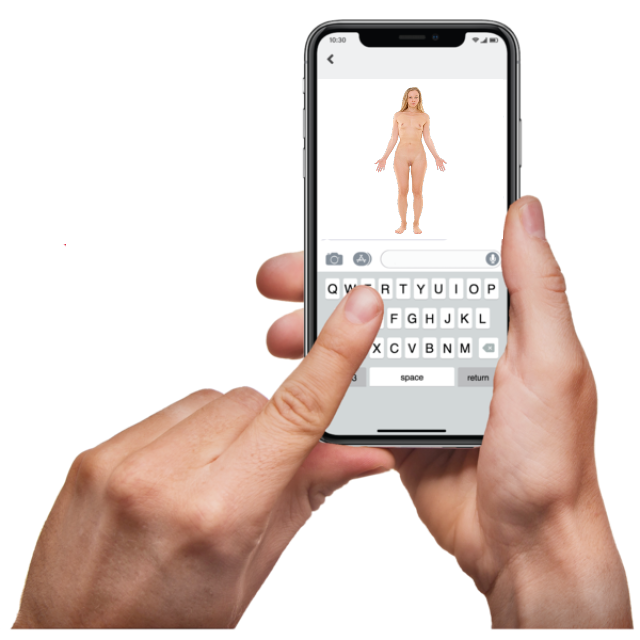
You might be made to send photos of yourself naked.

You might be threatened or tricked into sending the photos.

Sextortion might happen more to people with learning disabilities.

Someone might convince you to send them photos.

Or they might send you threats if you don’t send photos.

When they have the photos they might ask you for money.

This can be really upsetting and scary.
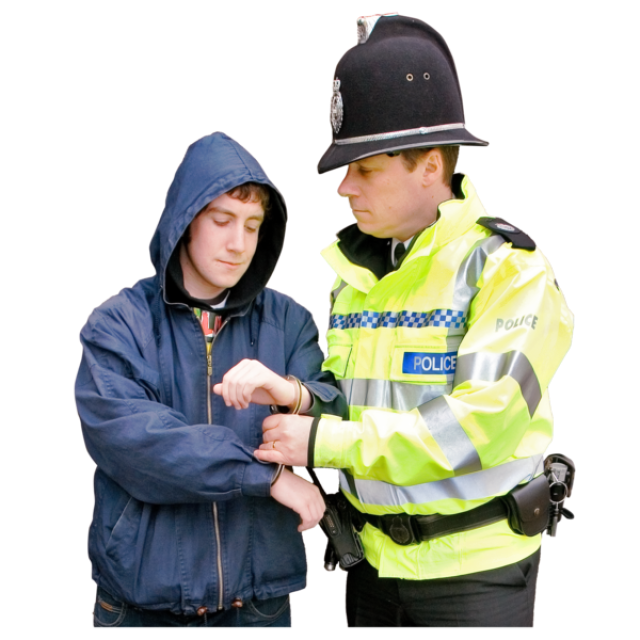
Sextortion is a crime.

It is happening more than it used to.
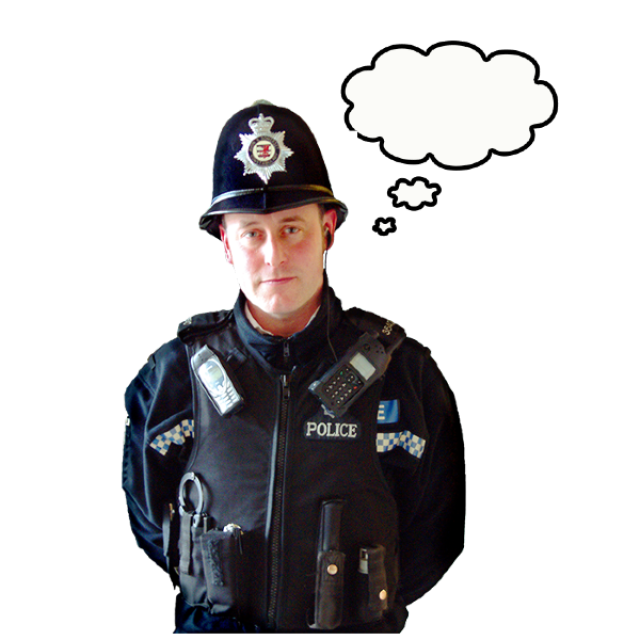
The police are trying to understand how much it happens in the UK.

The police said there might have been over 20,000 victims of sextortion in the last 10 years.
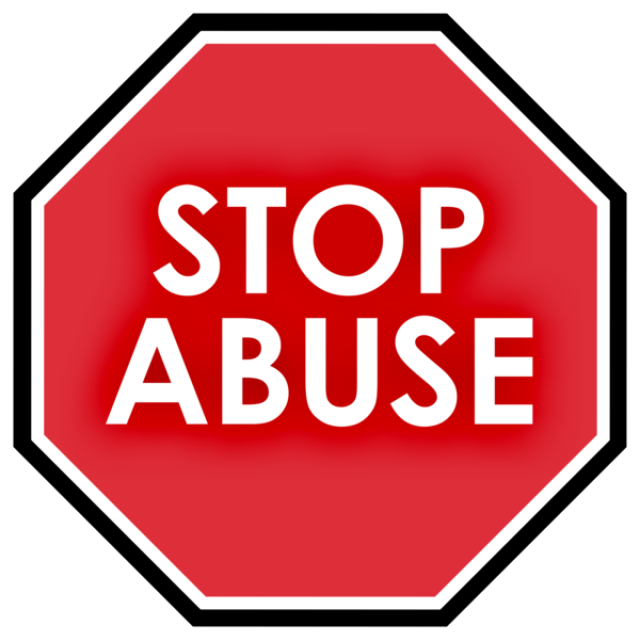
They want to stop it from happening.
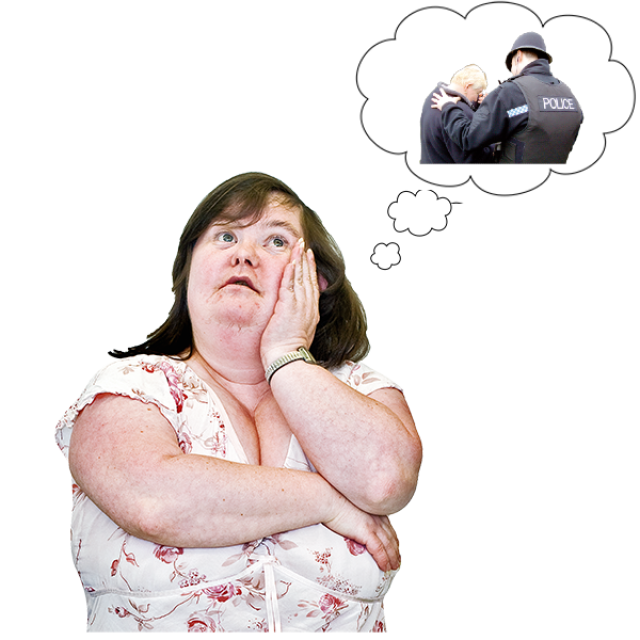
Lots of people are worried about telling the police.
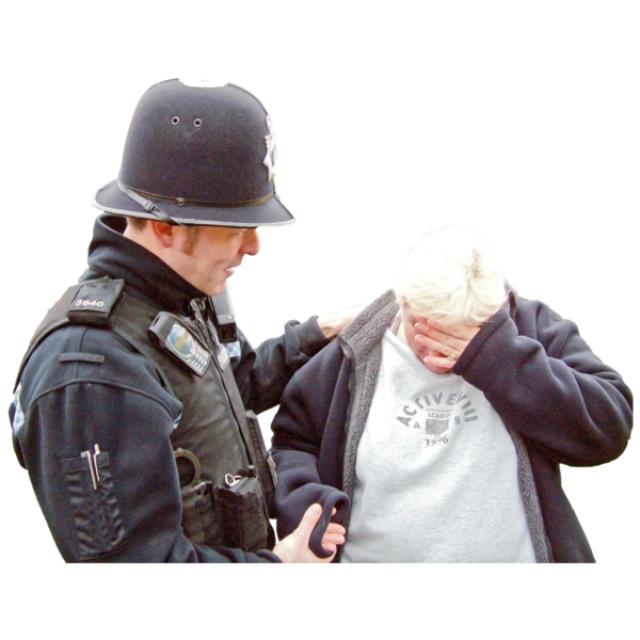
The police can help people if they ask them to.
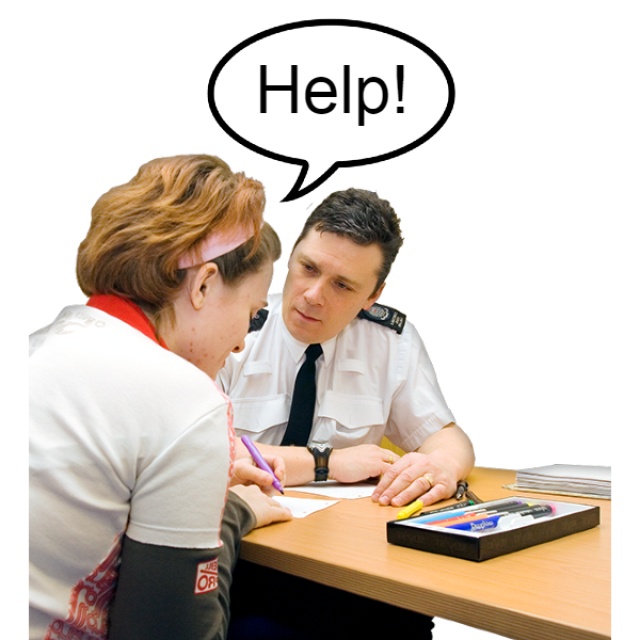
It is always better to ask for help.
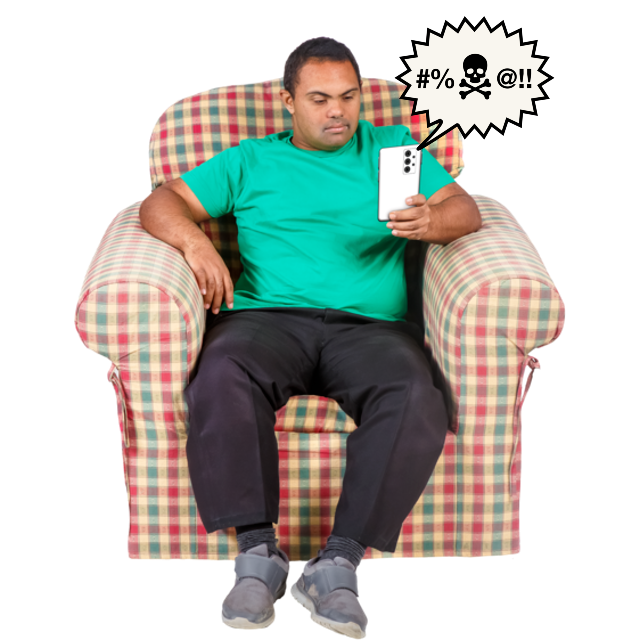
Even if the person ‘sextorting’ says it will make things worse.
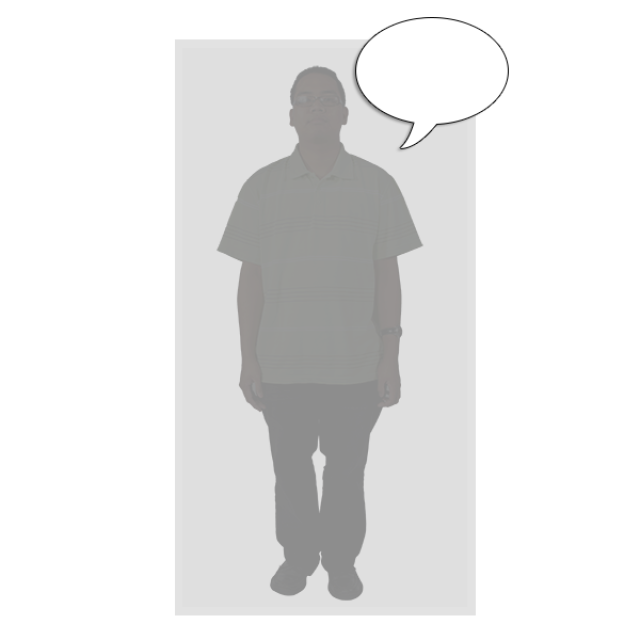
John was a victim of ‘sextortion’ and is sharing his story.
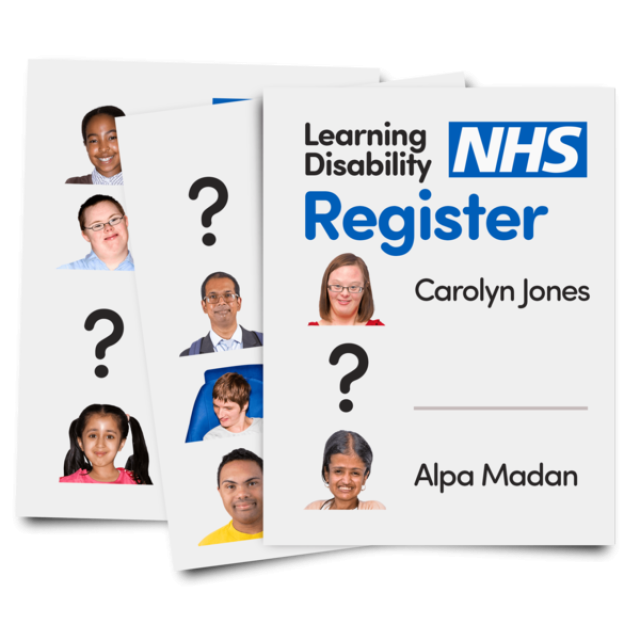
John has a learning disability.

A woman spoke to John on social media and said she was a teacher.
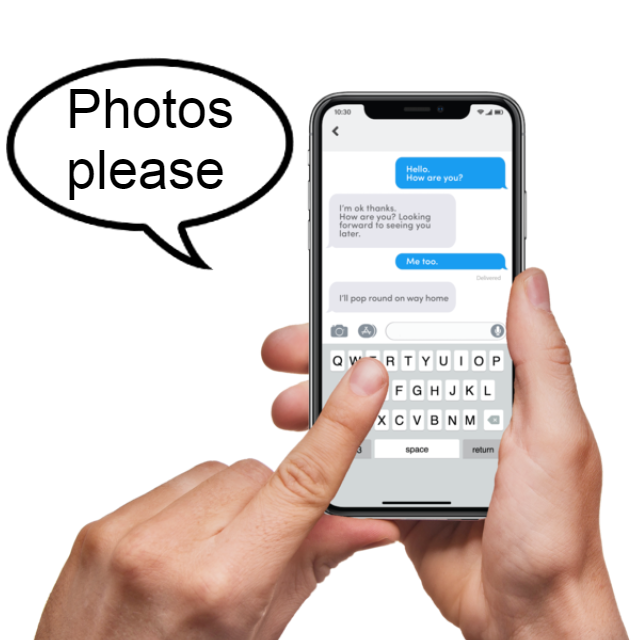
The woman asked John for personal photos of himself.

The woman sent personal photos of herself to John.
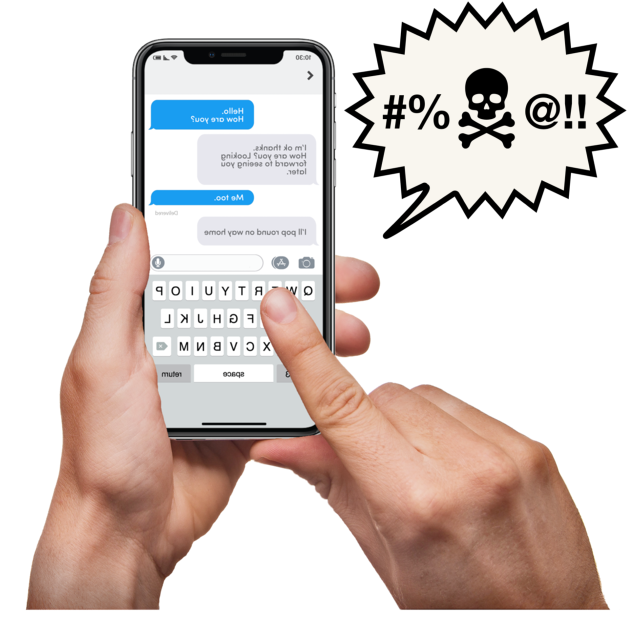
When John sent the woman a personal photo of himself, she threatened him.

She said she would show the photo to other people unless John gave her money.
This is called ‘blackmail’.
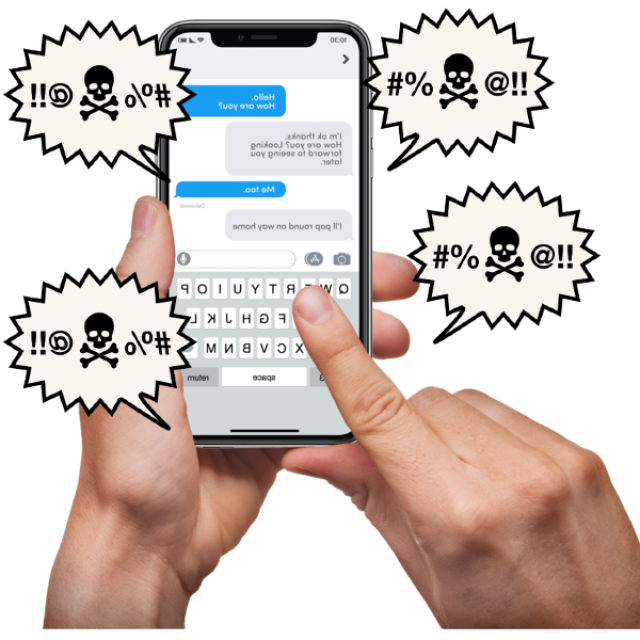
The woman sent John lots of messages every day.

The messages were threatening and John was very scared.

John gave the woman over £3000 to try and make her stop.
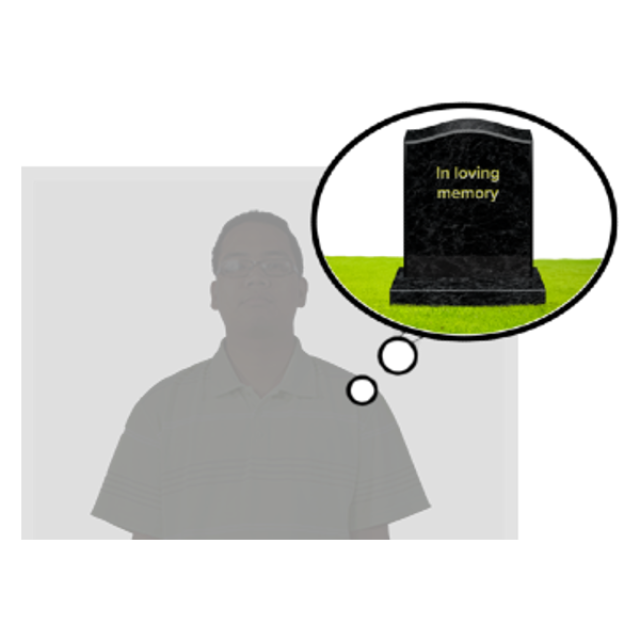
John was so upset that he thought about ending his life.
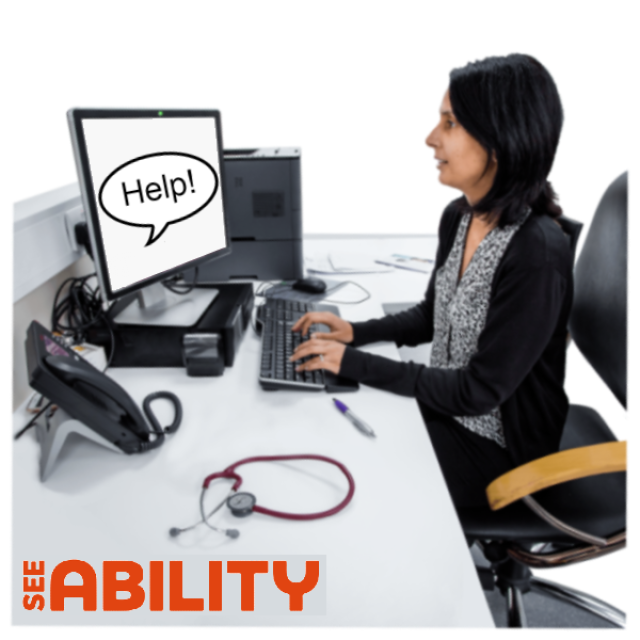
John asked SeeAbility for help.
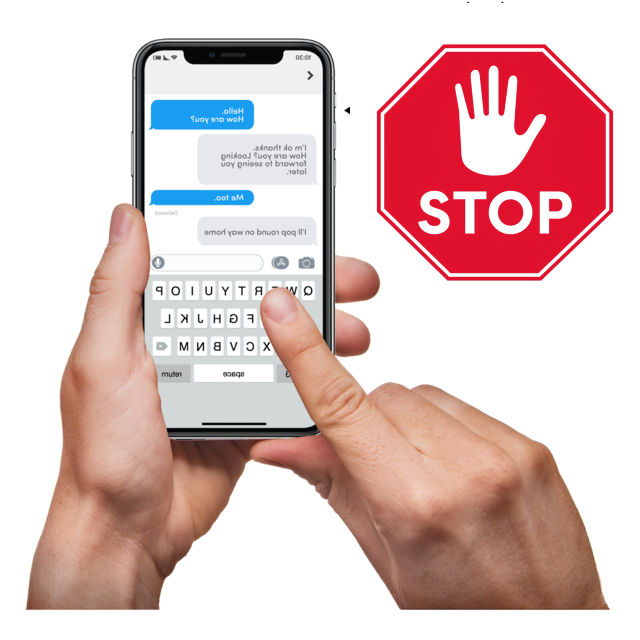
SeeAbility helped stop the messages to John.
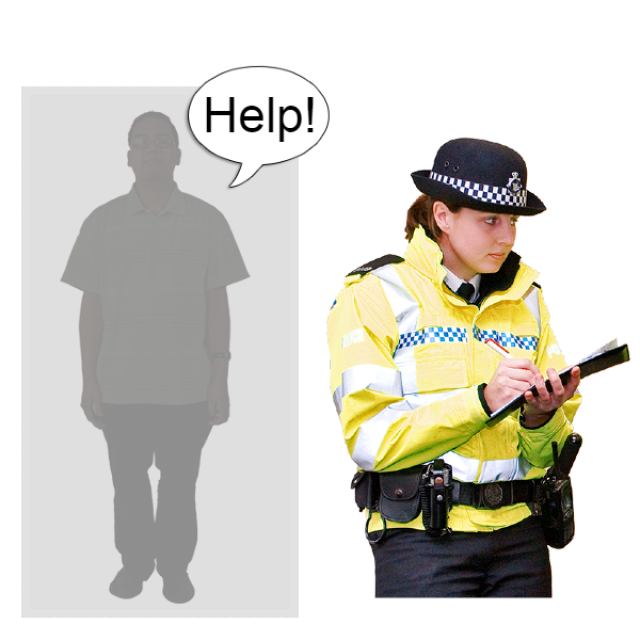
John went to the police but did not get the help he needed.
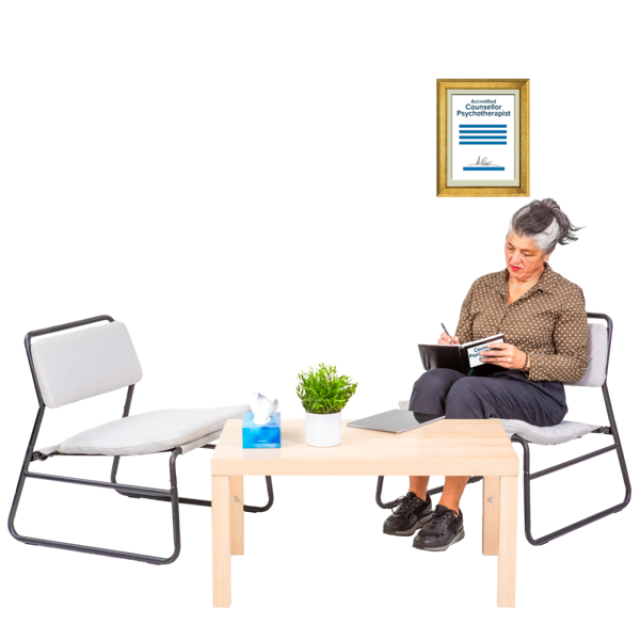
John speaks to a therapist now, to try and feel better.

A therapist is someone that helps with your feelings.

John said: “I’m speaking because I want people to know you can survive this.
You just need to reach out for help.”
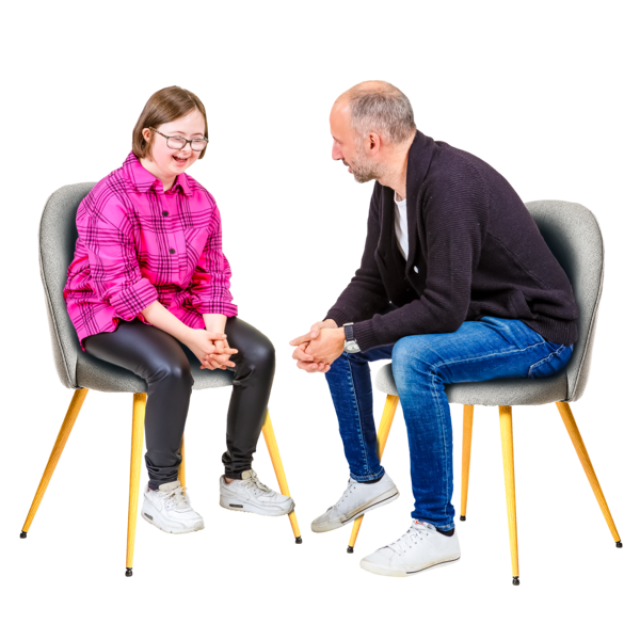
If someone is asking you for personal photos you do not want to share, you should speak to someone you trust.
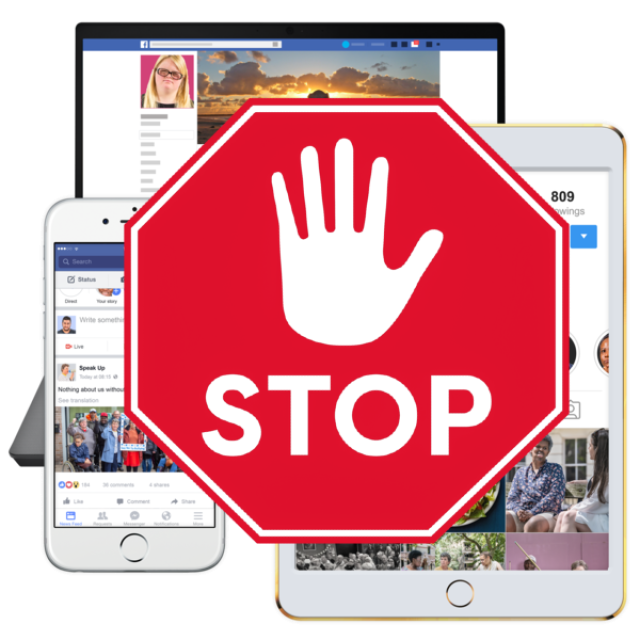
You can ‘block’ people on social media so they can not contact you any more.

We have an easy read guide on what to do if you are being bullied online.
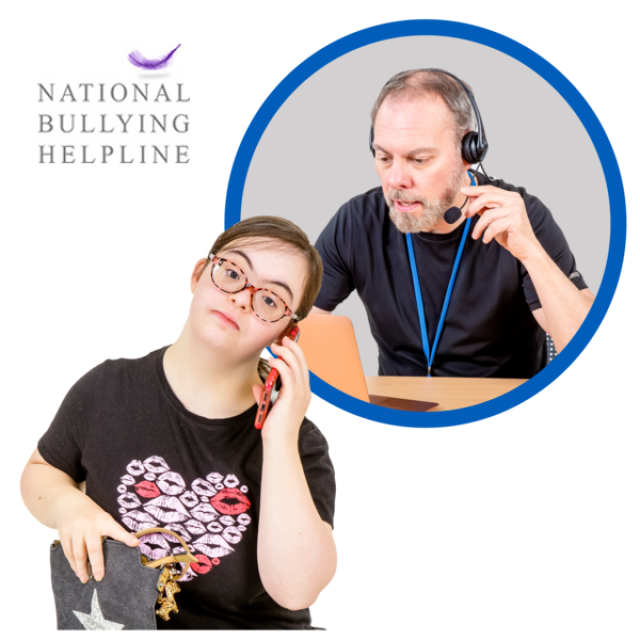
If you are feeling unsafe you can speak to the National Bullying Helpline.
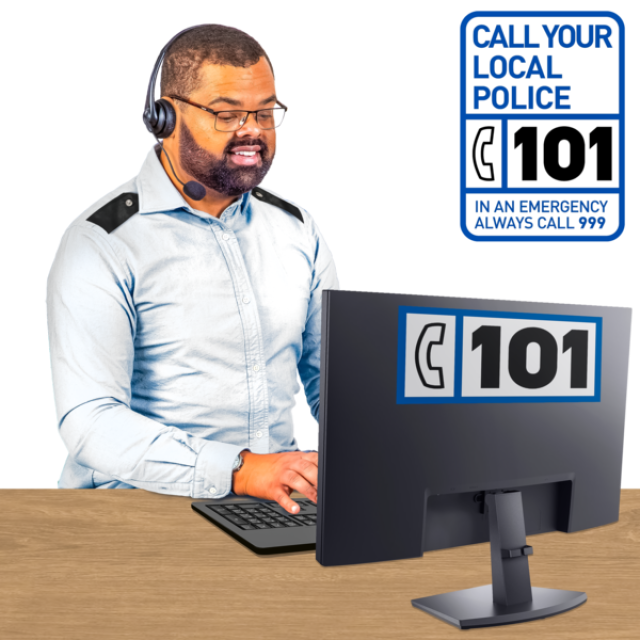
Or you can contact the police.

The best way to stop sextortion is to ask for help.
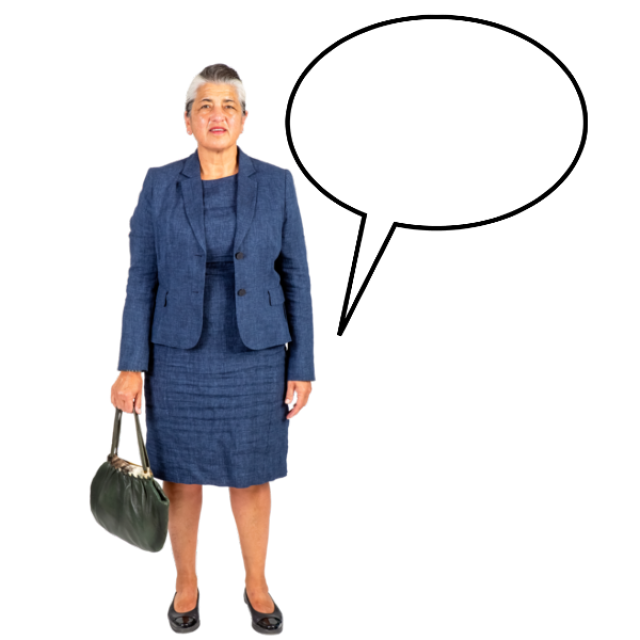
The National Crime Agency said:
“Get some help. Get some support.
It’s not your fault.”


